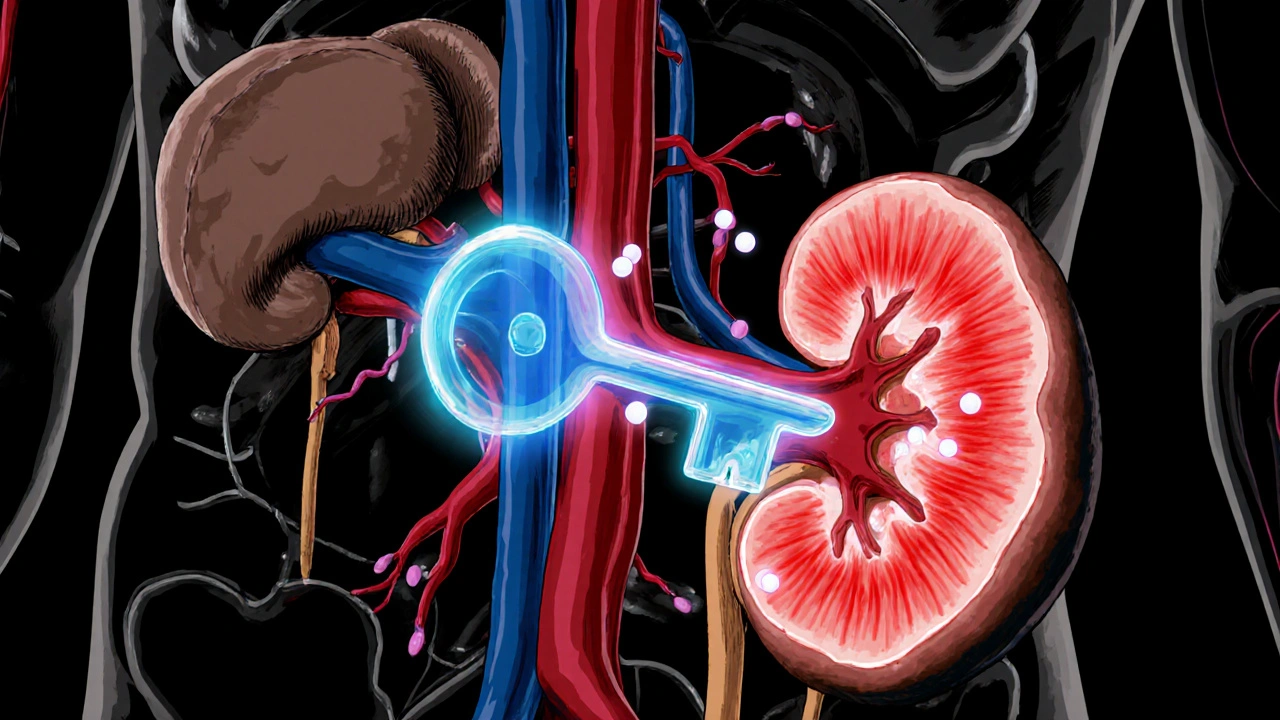Hypertension: What You Need to Know Right Now
High blood pressure (hypertension) is common and often sneaky — you can feel fine while your arteries are under strain. That’s why regular checks matter. This page gives clear, usable info on what raises blood pressure, how clinicians treat it, and simple steps you can use today to lower numbers and reduce risk.
How doctors treat high blood pressure
Treatment starts with measuring numbers and checking risk factors like age, weight, diabetes, and family history. Doctors use several drug classes that work in different ways:
- ACE inhibitors (like lisinopril) relax blood vessels. - ARBs (valsartan, losartan) do similar work for people who can’t take ACE inhibitors. - Calcium channel blockers (amlodipine) reduce heart workload. - Diuretics (hydrochlorothiazide) help your body shed extra salt and water. - Beta-blockers (propranolol, metoprolol) slow the heart and lower pressure; some people use alternatives for anxiety or other side effects.
Often doctors combine two drugs at low doses for better control with fewer side effects. If you’re worried about a specific medicine or side effects, talk with your prescriber — there are usually other options. For example, if propranolol gives you trouble, there are other beta-blockers and non-beta meds to consider.
Everyday steps you can take
Small habits add up. Try these first-line moves and you may see a steady drop in pressure:
- Cut salt gradually. Aim for less than 2,300 mg a day, and less if advised. - Move more: 30 minutes of brisk walking most days helps. - Lose even 5% of body weight if you’re overweight. - Limit alcohol to a few drinks a week. - Quit smoking — it spikes pressure and damages arteries. - Manage stress with sleep, breathing exercises, or short walks.
Diet matters: focus on vegetables, fruits, whole grains, lean protein, and fewer processed foods. The DASH diet is a simple pattern many people find helpful.
Home monitoring is useful. Bring your cuff to appointments to check it’s accurate. Write down readings and share them with your clinician — trends matter more than one-off numbers.
When to call a doctor: very high readings (systolic above 180 or diastolic above 120), sudden chest pain, shortness of breath, sudden weakness, or slurred speech need immediate care. Otherwise, schedule a visit if your readings stay high despite lifestyle changes or you notice new symptoms.
Hypertension is manageable. With the right tests, clear treatment, and small daily changes, you can lower risk and feel more in control. Use this tag to find deeper articles on meds, alternatives, and practical tips across MedixRX.
How Spironolactone Lowers Blood Pressure: Mechanism, Benefits & Tips
Learn how spironolactone lowers blood pressure, its mechanism, safety checklist, side‑effect management, and when to combine it with other drugs.
Exploring 7 Alternatives to Inderal: A 2025 Perspective
In the ever-evolving landscape of medical treatments, finding effective alternatives to traditional medications such as Inderal is crucial. This article sheds light on seven promising substitutes in 2025, each with unique benefits and drawbacks. From calcium channel blockers to beta-blocker variants, these options cater to diverse patient needs. Learn about their pros and cons to make an informed choice. A comprehensive comparison table offers a quick overview of these alternatives.


